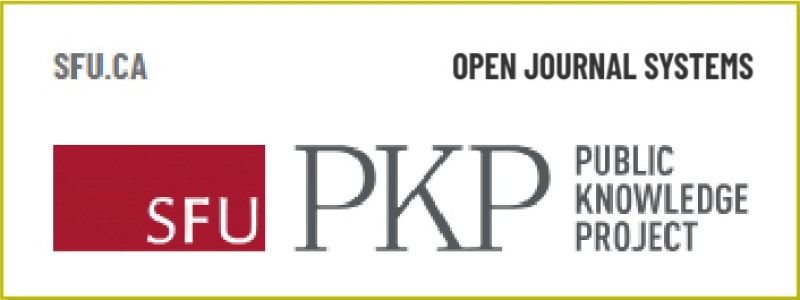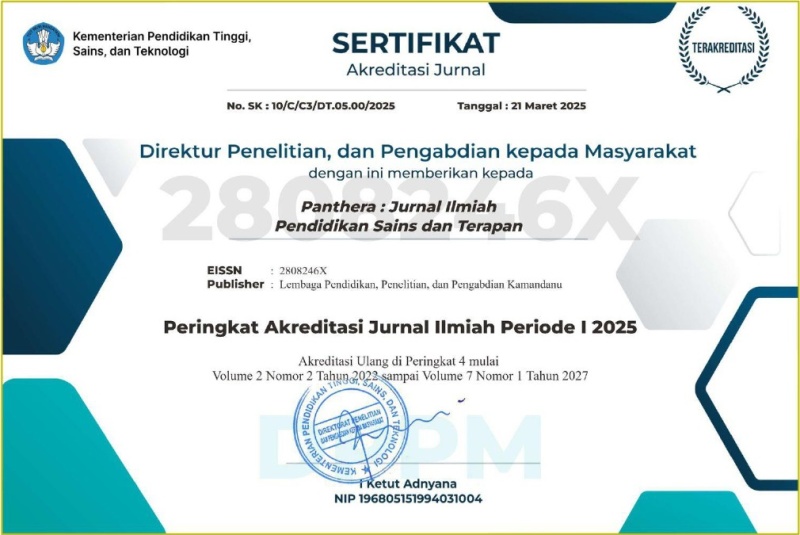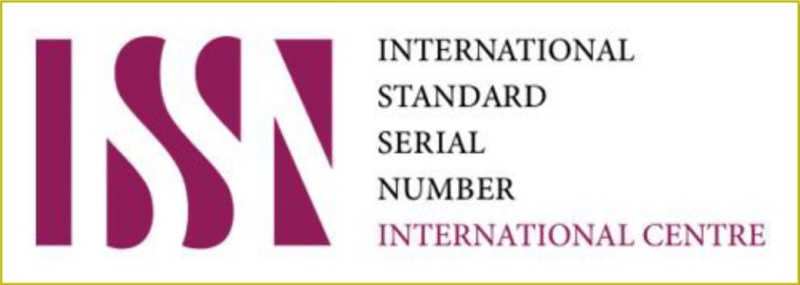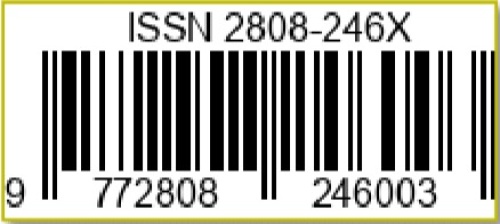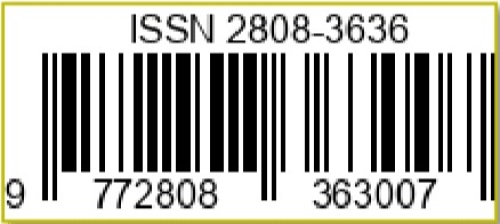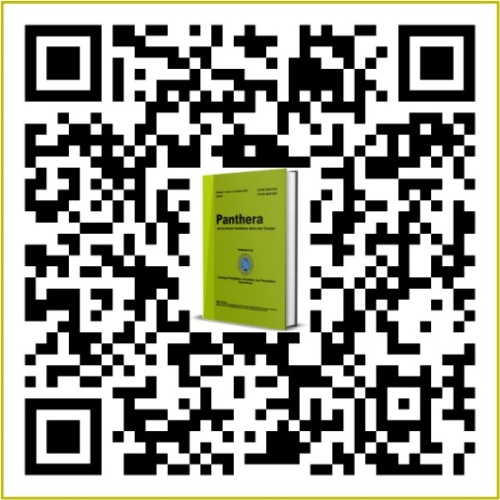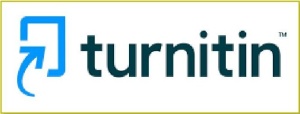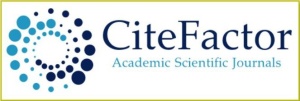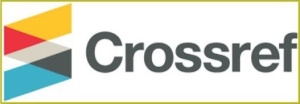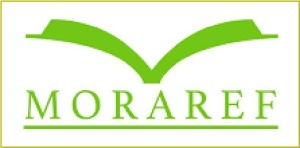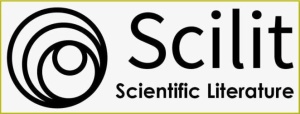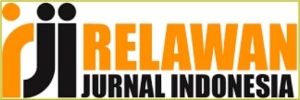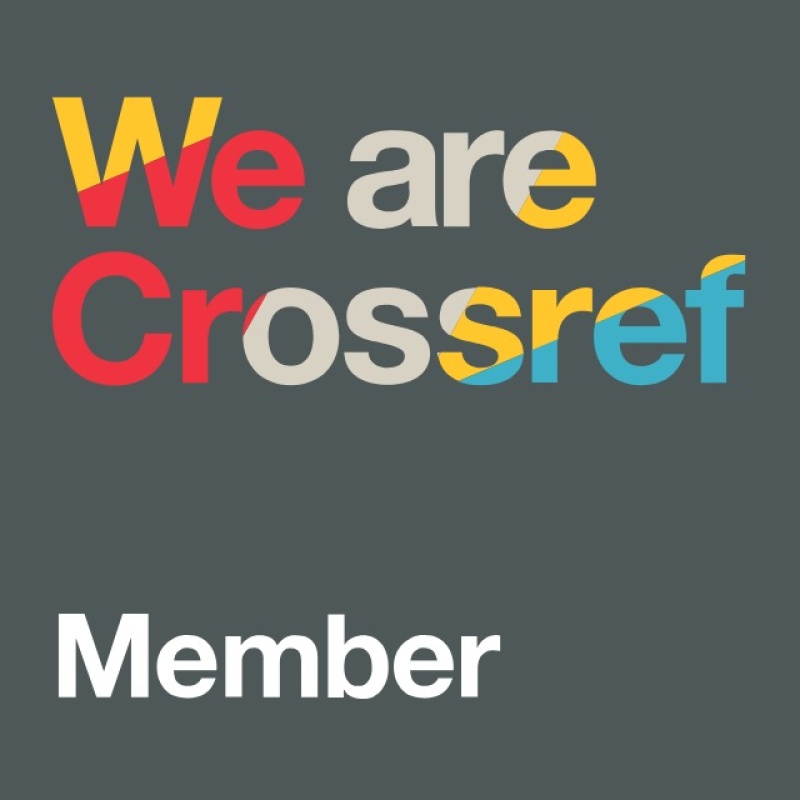Implementasi Program Literasi di SDN 031 Banu-Banua Kabupaten Polewali Mandar
DOI:
https://doi.org/10.36312/panthera.v5i4.719Keywords:
Implementation, Learning Stage, Habituation Stage, Development StageAbstract
This study aims to examine in depth the implementation of literacy programs at SDN 031 Banu-Banua, Polewali Mandar Regency which is carried out through three main stages, namely the stages of habituation, development, and learning. This study uses a descriptive qualitative method with data collection techniques through observation, interviews, and documentation. This approach is used to provide a comprehensive overview of the implementation of school literacy programs. The results of the study show that the implementation of the literacy program at SDN 031 Banu-Banua has gone well. At the habituation stage, the program succeeded in forming students' reading habits through routine activities such as reading Tuesday, reading corner, and Wednesday of faith. The development stage successfully expands students' literacy skills and analytical power through activities such as wall magazine management, book reflection, and visual literacy. The learning stage contributes to improving students' creativity, critical thinking skills, and communication skills through short story writing activities, story presentations, and work discussions. The success of the implementation of the program is supported by the active involvement of teachers and the availability of adequate literacy facilities. However, there are still several obstacles faced, including low interest in reading students, lack of variation in the reading atmosphere due to the absence of libraries, and the influence of undirected use of technology. Overall, the literacy program at SDN 031 Banu-Banua shows effectiveness in fostering a basic literacy culture in students. The implementation of this program needs to be strengthened through the procurement of school libraries, active involvement of parents, and the application of literacy methods that are more innovative and relevant to technological developments.
Downloads
References
Antasari, I. W. (2017). Implementasi Gerakan Literasi Sekolah Tahap Pembiasaan di MI Muhammadiyah Gandatapa Sumbang Banyumas. Libria, 9(1), 1-20. https://doi.org/10.22373/1680
Aryani, W. D., & Purnomo, H. (2023). Gerakan Literasi Sekolah (GLS) dalam Meningkatkan Budaya Membaca Siswa Sekolah Dasar. Jemari : Jurnal Edukasi Madrasah Ibtidaiyah, 5(2), 71-82. https://doi.org/10.30599/jemari.v5i2.2682
Creswell, J. W. (2014). Research Design: Qualitative, Quantitative, and Mixed Methods Approaches (4th Ed.). California: SAGE Publications.
Garrouste, A. F. P. (2015). The ‘Economics of Attention’: A History of Economic Thought Perspective. Economia, 5(1), 3-36. https://doi.org/10.4000/oeconomia.1139
Hidayat, M. H., Basuki, I. A., & Akbar, S. (2018). Gerakan Literasi Sekolah di Sekolah Dasar. Jurnal Pendidikan : Teori, Penelitian, dan Pengembangan, 3(6), 810-817. http://dx.doi.org/10.17977/jptpp.v3i6.11213
Hidayat, T., Sari, I., & Noviani, D. (2025). Pengaruh Literasi Digital terhadap Kemampuan Berpikir Kritis Peserta Didik di Era Society 5.0. Jurnal Multidisiplin West Science, 4(8), 1404-1415. https://doi.org/10.58812/jmws.v4i08.2589
Miles, M. B., Huberman, A. M., & Saldaña, J. (2014). Qualitative Data Analysis: A Methods Sourcebook (3rd Ed.). California: SAGE Publications.
Nopilda, L., & Kristiawan, M. (2018). Gerakan Literasi Sekolah Berbasis Pembelajaran Multiliterasi: Sebuah Paradigma Pendidikan Abad ke-21. Jurnal Manajemen, Kepemimpinan, dan Supervisi Pendidikan, 3(2), 216-231. https://doi.org/10.31851/jmksp.v3i2.1862
Prasetyo, T., Firmansyah, W., & Novitasari, A. (2019). Gerakan Literasi Sekolah (GLS) sebagai Basis Menumbuhkembangkan Budaya Literasi Siswa. In Prosiding Seminar Nasional Universitas Djuanda (pp. 119-128). Bogor, Indonesia: Universitas Djuanda.
Safnowandi, S. (2021). Pengaruh Model Pembelajaran Contextual Teaching and Learning (CTL) terhadap Hasil Belajar Kognitif dan Literasi Sains Siswa. BIO-EDU: Jurnal Pendidikan Biologi, 6(1), 40-54. https://doi.org/10.32938/jbe.v6i1.831
Sugiyono, S. (2019). Metode Penelitian Kualitatif, Kuantitatif, dan R&D. Bandung: CV. Alfabeta.
Wahid, A., Afni, N., & Hastati, S. (2024). Implementasi Program Literasi dalam Meningkatkan Motivasi Belajar Siswa Sekolah Dasar. Didaktika: Jurnal Kependidikan, 13(4), 5289-5298. https://doi.org/10.58230/27454312.1524
Wandasari, Y. (2017). Implementasi Gerakan Literasi Sekolah (GLS) sebagai Pembentuk Pendidikan Berkarakter. Jurnal Manajemen, Kepemimpinan, dan Supervisi Pendidikan, 2(2), 325-342. https://doi.org/10.31851/jmksp.v2i2.1480
Winarti, W., & Istiyono, E. (2020). Taksonomi Higher Order Thinking Skill untuk Penilaian Pembelajaran Fisika. Salatiga: Widya Sari Press.
Downloads
Published
How to Cite
Issue
Section
License
Copyright (c) 2025 Noraffina, Salam, & Baharman

This work is licensed under a Creative Commons Attribution-ShareAlike 4.0 International License.
-
Attribution — You must give appropriate credit, provide a link to the license, and indicate if changes were made. You may do so in any reasonable manner, but not in any way that suggests the licensor endorses you or your use.
-
ShareAlike — If you remix, transform, or build upon the material, you must distribute your contributions under the same license as the original.


